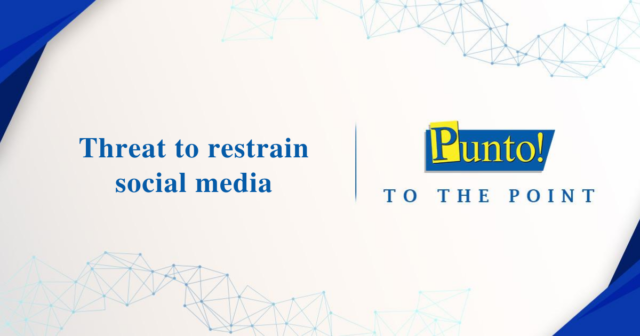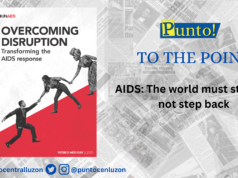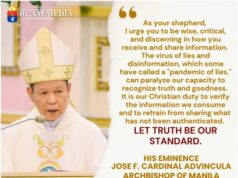THE FREEDOM of expression together with the right to privacy are both fundamental rights enshrined in the Constitution to ensure that individuals are able to freely utter and publish whatever one pleases without previous restraint and to be protected against unwanted interference or disclosure of their private lives.
While the freedom of expression and the right to privacy are not absolute rights, permissible interference is only allowed upon lawful order of the court or when the exercise of the aforementioned rights are proven to be injurious to the right of the community or society.
With the current discussions on the Implementing Rules and Regulation (IRR) of the Anti-Terrorism Act, the Commission on Human Rights expresses grave concerns over the proposal to include the regulation of social media in the IRR of the aforementioned law. Not only is the current proposal vague, it is also broad and susceptible to overreach in terms of guaranteeing the right to privacy and right of individuals to freely express their ideas.
The threat of restraint posed by the inclusion of a provision to regulate social media may constitute a bar for individuals to continue voicing out their opinions and ideas, curtailing fundamental freedoms. Furthermore, as there is nothing in the law that allows for the regulation of social media, to push for the inclusion of such questionable provision would go beyond the legislative intent of the law, justifying instead the fears of the people already against the law.
A free democratic society accepts and welcomes the free exchange of ideas. The freedom of expression which enables us to be able to speak truth to power, and speak out in support of one’s conviction or advocacy together with the right to live life free from unwanted interference are rights born out of the collective voices of those who spoke out against abuses, and were bold enough to call for accountability as a means of redress for the venalities committed.
Redress for wrongdoing, however, must not target legitimate dissent and honest opinions. At times when the discourse is critical and may seem discomforting, let critical points be taken in with an eye towards improvement. As development and nation-building area collective effort, let us remember that the protection of fundamental freedoms is important to ensure that all voices are heard.
In the end, the protection of the freedom of expression is not about protecting our sense and sensibilities from criticism. It is protecting the right of all individuals to freely express themselves without fear—with the goal towards a better tomorrow and dignity for all.
(CHR statement on the right to free expressions and privacy on social media)





